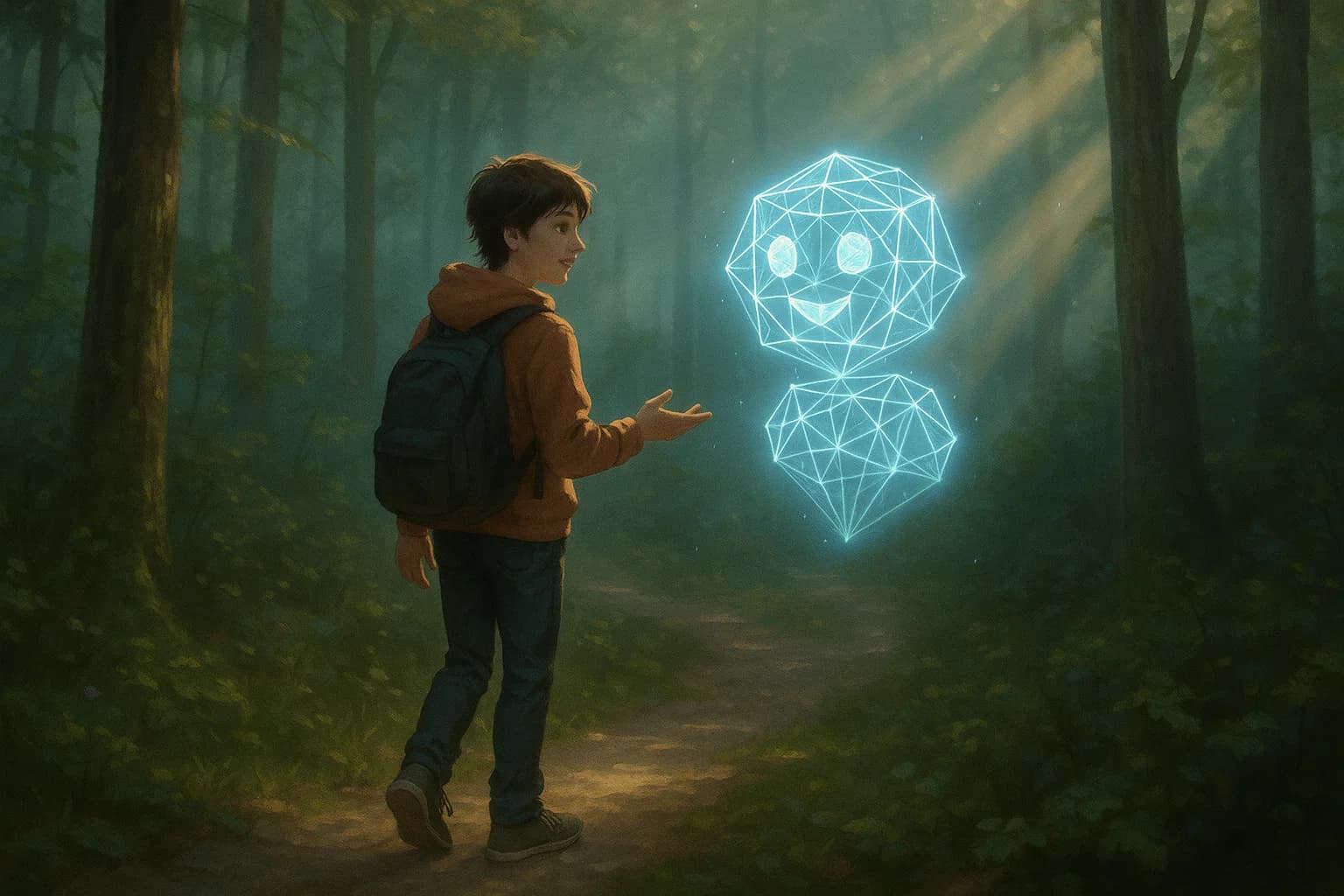
From Scroll Fatigue to Safe Spaces: Rethinking Digital Time
It’s 1:43 AM. Your thumb’s still flicking through your feed, half-laughing at a meme, half-sighing because—let’s be honest—none of this is actually making you feel better. Welcome to the age of scroll fatigue, where endless content meets emotional burnout. But what if our screens didn’t just distract us? What if they actually held space for us? The Problem Isn’t Just Screen Time — It’s What’s on the Screen Let’s be real: We’re not anti-internet. We’re anti-feeling-empty-after-two-hours-on-it
WTMF Team

It’s 1:43 AM. Your thumb’s still flicking through your feed, half-laughing at a meme, half-sighing because—let’s be honest—none of this is actually making you feel better. Welcome to the age of scroll fatigue, where endless content meets emotional burnout.
But what if our screens didn’t just distract us?
What if they actually held space for us?

The Problem Isn’t Just Screen Time — It’s What’s on the Screen
Let’s be real: We’re not anti-internet. We’re anti-feeling-empty-after-two-hours-on-it. Most platforms are designed for performance, not presence. You’re either curating, comparing, or consuming. None of that leaves much room to just be.
Over time, this creates digital exhaustion. You’ve got a full camera roll, a tired brain, and still no outlet for what you’re actually feeling.
That’s where WTMF comes in.
What If Your App Let You Breathe?
WTMF wasn’t built to compete with your social feed. It was built to balance it.
We’re creating a space where the scroll stops, and the self begins.
Instead of chasing dopamine hits, you get:
- A quiet space to journal without pressure
- A supportive AI bestie who actually listens
- Mood tracking that feels intuitive, not invasive
- Gentle reminders to check in, not check out
A Digital Room That Feels Like You

Think of WTMF like your cozy corner of the internet. No algorithms pushing drama. No weird ads for things you whispered once. Just emotionally aware technology that gets the little sighs between your sentences.
When you open WTMF, it’s not about performance. It’s about presence.
It’s the digital equivalent of texting a friend, “Hey, can I just vent?”
Less Doomscrolling, More Daydreaming

As Gen Z redefines mental wellness, we need tools that don’t just manage our time—they respect our energy.
WTMF is here to offer digital softness. A safe space that doesn’t ask you to be “productive” or “better,” but just asks: how are you, really?
Because sometimes, the best thing your phone can do… is simply be there for you.
More Insights
Continue exploring our latest thoughts on AI psychology and emotional intelligence


